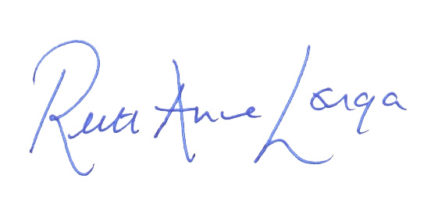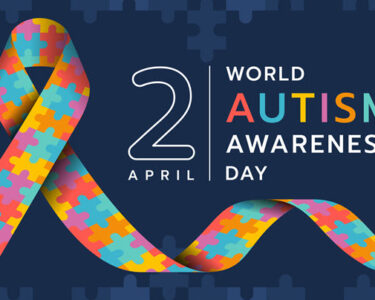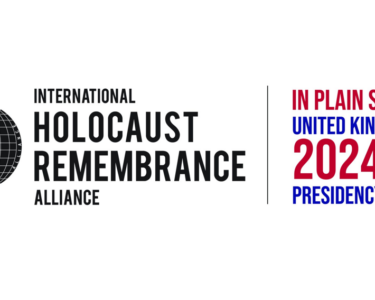Classroom teaching carries risk at the best of times; teaching about the Holocaust – even more so. But this coming week, in addition to this inherent risk, comes one associated with the opening of schools while the Covid-19 virus remains prevalent. The decision to open schools is hotly contested and anxiety exists as to whether the safety of students, teachers, school workers and their family members can be assured under these new measures. The logistical challenge for senior leaders to mitigate risk and prepare schools in such short time is colossal and all this must weigh heavy on them and their sense of duty of care to their communities.
Most teachers I have had the chance to speak to are certainly keen to return to their posts. There is a real concern for the social element that children have missed and a concern that parents must be able to return to employment for their own livelihood and the economy to recover. Moreover, engaging on a face to face basis with students is central to what we do and while teachers have responded swiftly to the change to distant learning, no online functionality can beat this direct interaction. But safety remains a major worry on everyone’s mind and here at the Centre, we acknowledge the unprecedented challenge teachers are facing right now.
With the impending return to school of Year 10 and year 12 students, teachers will understandably be spending considerable time supporting their particular needs. It is for this reason that our Centre has created a portfolio of lessons for Year 9 students providing assistance to teachers of the Holocaust still teaching online to this year group. These are self- directed student lessons but can also be led by the teacher via an online platform.
Today’s lessons are on the subject of resistance and resilience. Below is a summary, please scroll down for links to these materials.
The first is a series of 3 self-directed Year 9 lessons entitled Resistance and the Holocaust. These lessons help students deepen their understanding of how some Jewish people responded to catastrophic events that unfolded during the Holocaust. It encourages students to explore their own existing understandings of resistance and helps them consider how our expectations of people during the Holocaust measure up to the realities. The aim is for students to acquire a better understanding of Jewish agency and action during the Holocaust.
The second is a single Year 9 lesson entitled: The struggle to survive: resilience and survival in the Warsaw Ghetto. This lesson explores the horrific conditions of the ghetto using primary sources to uncover how the Jewish population incarcerated there struggled to survive relying extensively on self-help aid and smuggling. It also demonstrates remarkable evidence of resilience and resistance shown by Jews as they continued to pursue in secret religious life and Jewish education. Through this lesson the myth of Jews being passive in the face of the Holocaust is challenged.
With best wishes for the coming week
Ruth-Anne Lenga
Programme Director




